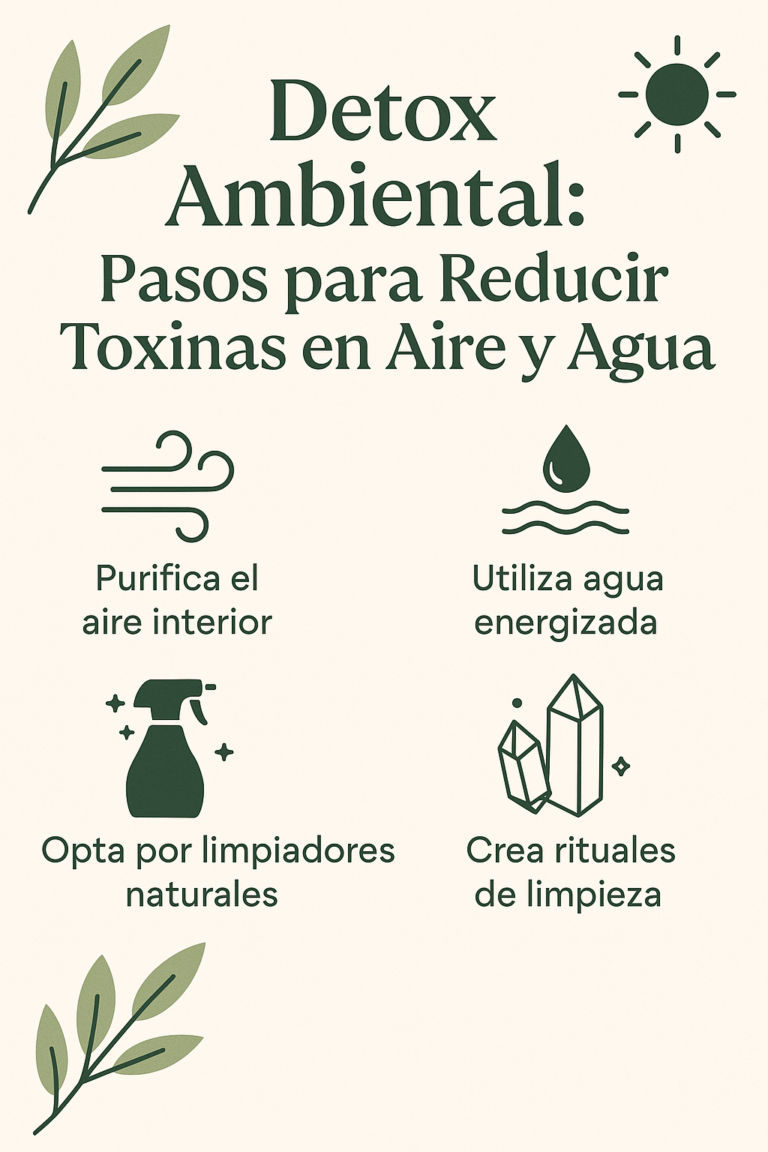Call us now:
USA News: Combat Rising Stomach Flu with Holistic Brain Health Solutions for Stress Relief
Welcome to the USA news section, today we want to talk about Combat Rising Stomach Bugs with Holistic Brain Health Solutions for Stress Relief.
An alarming surge in stomach flu cases, known medically as norovirus, has been documented across the United States, with the Centers for Disease Control and Prevention (CDC) recording an unprecedented 91 cases in the first week of December 2024—more than twice the highest number documented between 2021 and 2024.
The Minnesota Department of Health has likewise reported double the average number of stomach flu cases in December.
As this gastrointestinal infection spreads, it is vital to address not only the illness itself but also how these stomach bugs intersect with our mental and emotional well-being.
Recent findings illustrate that our gut health and brain health share a complex relationship, often described as the gut-brain axis.
When stomach infections such as norovirus become more prevalent, they can disrupt this delicate balance, potentially contributing to higher levels of stress and anxiety.
In this article, we will explore the link between the current surge in norovirus cases and our overall mental wellness, while offering practical strategies for maintaining holistic health as we navigate 2025 and beyond.
1. Norovirus at a Glance: Why the Surge?
Norovirus, often referred to as the “stomach flu,” is not related to influenza.
It causes inflammation of the stomach and intestines, leading to symptoms such as nausea, vomiting, diarrhea, stomach cramps, fever, chills, and muscle aches.
According to the CDC, these symptoms typically appear 12–48 hours after exposure and may last up to three days.
In the recent spike:
- 91 cases in the first week of December 2024 were reported by the CDC.
- Minnesota Department of Health observed double its average stomach flu cases in December.
- Nationwide trends suggest norovirus is spreading rapidly through contaminated food, water, and close contact with infected individuals.
Given norovirus’s highly contagious nature, it is no surprise that close gatherings and travel during the holiday season further facilitate its transmission.
But the full picture involves more than just physical symptoms.
When we fall ill, the resulting stress can compound our body’s response, setting off a ripple effect on our brain health.
2. The Gut-Brain Axis: A Two-Way Conversation
In modern medical research, the relationship between the gut and the brain—often referred to as the gut-brain axis—has become a focal point for understanding how gastrointestinal health affects mental well-being.
Essentially, your gut and your brain communicate through:
- Neurotransmitters: A large portion of serotonin, a chemical that regulates mood, is produced in the gastrointestinal tract.
- Immune Pathways: Inflammation in the gut can signal the immune system, influencing stress and anxiety responses.
- Nervous System Links: The vagus nerve transmits information between the gut and the brain.
When norovirus infections cause inflammation and disrupt gut flora, this can magnify stress responses, leading to heightened anxiety, mood swings, or even changes in cognitive function.
In the United States, where stress levels are already high due to work commitments and personal obligations, an added infectious threat may spark a chain reaction detrimental to our holistic health.
3. How Can I Avoid Anxiety Amidst Rising Stomach Flu Cases?
The avalanche of media coverage about skyrocketing norovirus rates may easily trigger or aggravate anxiety.
Here are some evidence-based strategies to help you maintain calm and resilience:
- Focus on Gut-Friendly Nutrition: Incorporate fiber-rich foods, probiotics (such as yogurt with live cultures or fermented vegetables), and prebiotics (like garlic, onions, and bananas). These help cultivate a healthy gut microbiome, which in turn supports better mental health.
- Practice Mindful Eating: Rather than simply consuming meals on autopilot, pay attention to the taste, texture, and even the aroma of what you eat. This approach can reduce stress and boost enjoyment.
- Stay Hydrated: Adequate hydration is crucial. Water is fundamental for digestion, circulation, and removing toxins, all of which affect both the gut and the brain.
- Set Boundaries on News Consumption: While staying informed is important, overexposure to alarming headlines can heighten anxiety. Limit your intake of news about the outbreak to once or twice a day through reputable sources.
This balanced approach can help you navigate the stress linked to widespread norovirus outbreaks without compromising your emotional well-being.
4. What Is the Best Way to Manage Stress?
Managing stress becomes a priority when facing elevated stomach flu risks, job responsibilities, family demands, and personal challenges.
An unmanaged stress load may aggravate gut problems and vice versa.
Consider these practical approaches:
- Meditation: Engaging in mindfulness meditation can strengthen the prefrontal cortex, which is responsible for decision-making and emotional regulation, and decrease activity in the amygdala, the brain’s emotional hub. Over time, this helps mitigate anxiety and fosters better cognitive abilities.
- Physical Activity: Whether you prefer brisk walks, yoga, or strength training, exercise stimulates the release of endorphins, improving mood and potentially reducing inflammation.
- Connect with Nature: Spending time outdoors, even for short intervals, can significantly enhance your mental equilibrium, lower stress levels, and nurture a sense of freedom.
- Establish Supportive Relationships: Building a support network of friends, family, or community groups can provide a sense of safety and encourage emotional well-being. As we often highlight, love, freedom, and society are essential ingredients for happiness.
By integrating these techniques into your daily routine, you can cushion the impact of norovirus outbreaks—and other stressors—on your health and your brain.
5. Strategic Planning for Holistic Health
Facing an uptick in gastrointestinal illnesses requires both short-term precautions and long-term strategies for your mental and physical health:
- Regular Check-Ups: Routine medical assessments can identify potential issues early, from gut imbalances to mental health concerns like depression or anxiety disorders.
- Emergency Plans: Whether at home or at work, consider formulating an action plan to handle possible exposure to norovirus. This might involve stocking up on electrolytes, disinfectants, or preparing a safe “sick room.”
- Professional Guidance: Consulting with brain health experts can help you tailor strategies to manage anxiety, stress, and emotional well-being. To schedule an appointment, visit https://www.visitamedicaonline.com/agenda-tu-cita/.
Incorporating a clear plan into your life fosters resilience and peace of mind, especially during times of public health concerns.
6. The Role of Holistic Practices in Stomach Flu Prevention and Stress Relief
Holistic solutions complement mainstream medicine by reinforcing both physical and mental defenses:
- Mindful Exercises: Yoga, tai chi, and Qigong help integrate the mind and body, reducing tension in muscles, promoting better circulation, and boosting immunity.
- Nutrition Education: Learning how different foods affect your gut can be empowering. For instance, understanding the importance of cooking seafood thoroughly to avoid contamination or washing fruits and vegetables meticulously aligns with the CDC’s guidelines for norovirus prevention.
- Spiritual or Emotional Coping Strategies: Journaling, positive affirmations, or spiritual connections can be an outlet for stress, reinforcing psychological strength.
The takeaway is that you are not just treating a stomach bug, but nurturing a whole-person approach that includes mind, body, and emotional wellness.
7. Meditation and Its Unrivaled Benefits
The practice of meditation stands out as one of the most accessible and powerful tools for supporting both brain and gut health.
Here’s how it works:
- Strengthening the Prefrontal Cortex: Meditation elevates the capacity for calm decision-making, emotional control, and strategic planning. This can be invaluable when dealing with sudden health issues like norovirus.
- Decreasing Activity in the Amygdala: Lowering overactivity in this region of the brain helps manage anxiety, preventing stress from compounding digestive problems.
- Improving Attention and Cognitive Abilities: Mindful breathing sessions can sharpen focus, mitigate mental fatigue, and enhance mental agility.
Even a few minutes of daily meditation can help recalibrate the nervous system, promoting a balanced and healthy mind.
Combined with other preventive measures, such as disinfecting contaminated surfaces or staying home when ill, you can better safeguard yourself and those around you.
8. Building a Culture of Support for Mind and Body
In a nation as vast and diverse as the United States, establishing a culture of support and empathy around public health crises is crucial.
This involves:
- Transparent Communication: Sharing accurate information about norovirus, including methods of transmission and best hygiene practices, can curb the spread of misinformation.
- Open Dialogue on Mental Health: Normalizing conversations around anxiety or depression encourages people to seek help before issues escalate.
- Community Engagement: Volunteering, offering assistance to neighbors, or participating in local forums fosters a sense of unity and emotional support.
Ultimately, love, freedom, and society remain foundational to happiness.
Embracing compassion and kindness within your community can amplify the effectiveness of both physical and emotional healing strategies.
Embrace Holistic Health to Combat Norovirus and Stress
The current norovirus surge underscores the urgent need to protect not only our gut health but also our mental resilience.
By adopting a holistic mindset—incorporating gut-friendly foods, engaging in regular exercise, meditating, and cultivating supportive relationships—you can navigate these challenges with greater assurance.
Always remember to consult with brain health experts if anxiety, stress, or other emotional difficulties become overwhelming.
You can schedule an appointment at:
Regular meditation can strengthen your prefrontal cortex, reduce activity in your amygdala, and boost attention and cognitive abilities—benefits that extend far beyond fighting a stomach flu.
breathe, heal, evolve
We invite you to subscribe to our space, The Brain Care Podcast, where we discuss a wide range of topics related to brain health, holistic strategies, and emotional well-being.
Finally, don’t forget to subscribe to our blog to stay updated on all things brain health as we move into 2025.
By working together to balance physical and emotional wellness, we can emerge stronger from these health challenges, nurtured by love, freedom, and the power of community.
Bibliography
1. Centers for Disease Control and Prevention (CDC): Norovirus statistics, prevention tips, and nationwide health advisories.
2. National Institute of Mental Health (NIMH): Research on anxiety, stress, and the gut-brain axis.
3. Original news article: Norovirus Surge In US: Here’s Everything You Must Know
For further reading on the subject, visit the original news article here.




Thanks for sharing. I read many of your blog posts, cool, your blog is very good.
Thank you for reading!